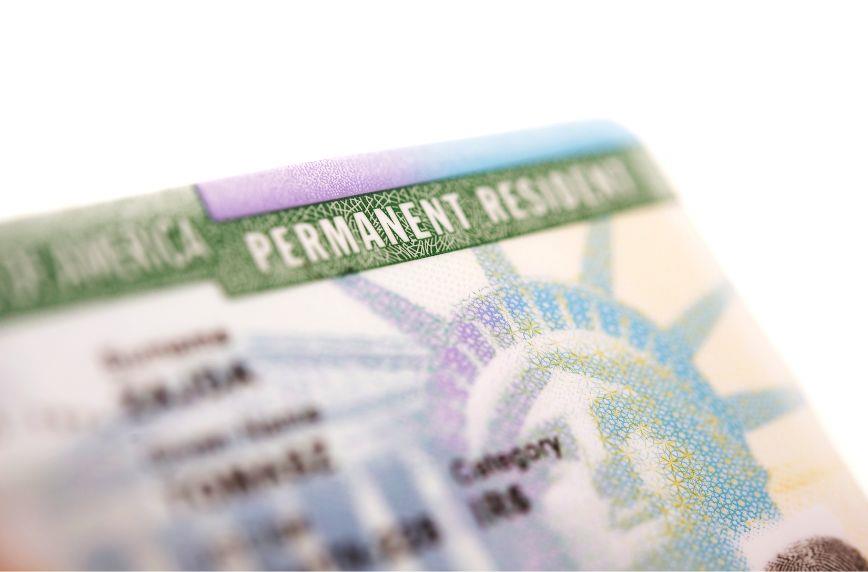How To Help Your Parents Obtain a Green Card


If you are a U.S. citizen, then you likely know that you can help your parents relocate to the United States with a green card visa, but how is this done? Despite the fact that, as a U.S. citizen, your parents gain priority when it comes to matters of immigration, the application process can become murky and confusing. Here are some useful tips on helping your parents obtain a green card so they can be with you in no time.
Know the Qualifications
Before you begin helping your parents obtain a green card, you should first know whether your parents qualify for one. As you likely know, in order for you to submit a petition, you must be a U.S. citizen, not a permanent resident. Moreover, your parents must be eligible and admissible in the U.S.
The qualification for eligibility is quite simple: your parents must be “legal parents.” However, your parents could be eligible and still not qualify for a green card if they are inadmissible. Due to the Public Charge Rule, your parents may not be admissible for a green card if they have received public benefits in the past.
File Form I-130
Once you have determined if your parents are eligible and admissible, you may proceed to the petition process. To petition for an alien relative, you will file an I-130 form and submit it to U.S. Citizenship and Immigration Services, which will come with a $420 fee. You should expect to receive approval within about three months, but it is important to know that you may face delays in the immigration process for various reasons. That is why it is always a good idea to hire an immigration lawyer to assist you with these confusing proceedings.
Proof of Eligible Relationship
In addition to submitting your I-130 form, you will also have to prove the relationship with your parents by establishing legitimacy. To establish legitimacy, you must submit documentation supporting your application and relationship. The details of the records will depend on the parent you petition for and your relationship with them. However, you should expect to provide a copy of your birth certificate and a copy of your Certificate of Naturalization or Citizenship or U.S. passport.
